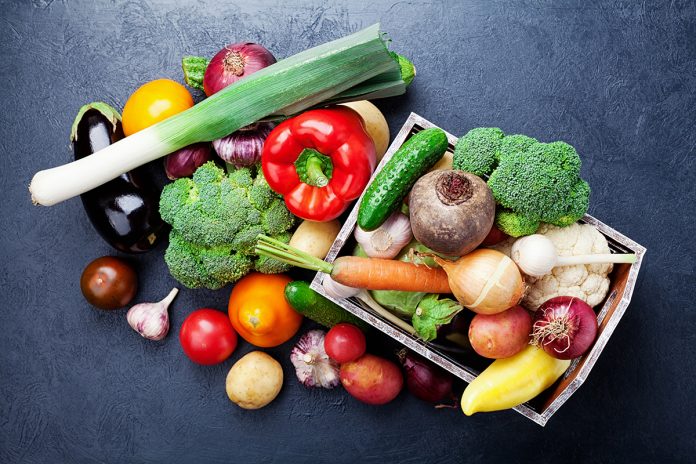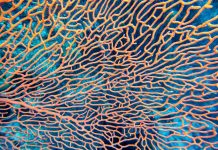Cristina Cruz from FCiencias.Id explains why agriculture is the key to accomplishing the UN Sustainable Development Goals of eradicating hunger and securing food
Agriculture is the key to accomplishing the UN Sustainable Development Goals of eradicating hunger and securing food for a growing world population of 9–10 billion people by 2050, which may require the doubling of global food production in a world of increasing environmental uncertainty. So, how are we going to achieve this if currently, agriculture is, at the same time, the biggest contributor to and the most affected activity by the global changes? Agriculture is also the single largest user of freshwater in the world, with 70 % of the totally withdrawn water of almost 6000 km3 year-1 being diverted for agriculture, which has resulted in approximately 25 % of the world’s major river basins no longer reaching the ocean. Agriculture is the world’s largest contributor to altering the global nitrogen and phosphorus cycles. Anthropogenic uptake of N from the atmosphere today exceeds the natural global uptake of N for biomass growth and currently at approximately 150 Tg N year-1 the global uptake far exceeds the safe ecological limit of 62–82 Tg N year-1.

The challenge is obviously how to produce more food with fewer resources. Sustainable intensification, in this context, seeks to increase agricultural output while keeping the ecological footprint as small as possible. The aim is to design multi-functional agro-ecosystems that are both sustained by nature and sustainable in their nature. But to do this, we have to change our mechanistic view of the agro-ecosystem by capitalising on ecological processes in agro-ecosystems.
The Bioclub project (PTDC/AGR-PRO/1852/2014) aims at incorporating ecological approaches that make smart use of the natural functionalities into the agro-ecosystem management as an important part of the development of the sustainable intensification of agriculture. However, our fundamental understanding of soil ecology is still a limiting factor to a bio-based management of the agro-ecosystem. Let’s take the bio-transformations of phosphorus, as an example.
The productivity of most agricultural systems is limited by phosphorus. However, in conventional farming, 60–90% of the soluble inorganic phosphate (Pi) applied to soils as fertiliser is rapidly immobilised after application, making it unavailable to plants. In contrast, organic farming replaces synthetic fertilisers and pesticides with biological inputs, so microbial processes are essential for its productivity and sustainability.
Several soil microbes have been identified as promoters of plant growth due to their ability to solubilize Pi. However, the use of Pi – solubilising inoculants provides inconsistent results, even when the microbes have the potential for high Pi solubilisation. We tested the legacy of the farming system (conventional or organic) on the interactions among phosphate solubilising bacteria (PSB) and phosphate solubilisation. We determined the in vitro Pi solubilisation potential of bacteria isolates itself conventional and organic farming and grows them in monoculture, or in pairs, to test for their antagonism or cooperation in Pi solubilisation.
When grown in mono-culture, PSB isolated from conventional farming solubilised more Pi, but when grown in pairs, these PSB solubilised the least Pi. Furthermore, when the pairs included only PSB isolated from conventional farming, no Pi – solubilising cooperation was observed, that is, Pi solubilisation by pairs were lower than in monoculture. When PSB isolated from organic farming were present in the pairs, ~40% of the combinations resulted in P solubilising cooperation. This implies that the two farm management systems select distinct P solubilising microbial communities are:
- Conventional selects for more efficient individuals and;
- Organic selects for more efficient communities (soil food webs).
These results, described in more detail in Melo et al 2017, offer evidence for a farming system legacy influencing the biotic interactions among PSB. And questions arise about the best strategies to convert intensive into sustainable farm systems. But it also provides a strong driving force for a deeper understanding of the bio-transformations of the resources used in agriculture and the need for adequate farming management concerning the biological processes they promote.
This project is financially supported by Fundação para a Ciência e Tecnologia (FCT) – Portugal through the contract PTDC/AGR-PRO/1852/2014.
Please note: this is a commercial profile
Cristina Cruz
FCiencias.Id
Tel: +351 217 500 000











